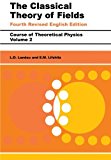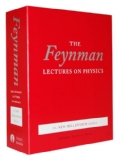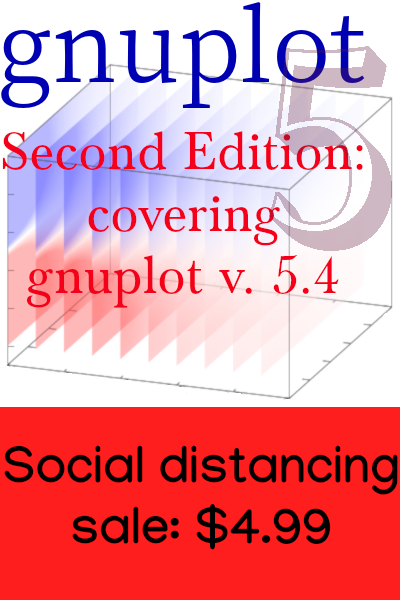Searching
Google Maps API: “Create real-world, real-time experiences with the latest Maps, Routes, and Places features from Google Maps Platform. Built by the Google team for developers everywhere.”
Apostrophes and Google Don’t Mix: When phrase searching in Google (and most likely plenty of other places) it might be better if the phrase does not include an apostrophe. If a typographical or “smart” apostrophe is used in the original then it might be missed in the index.
55 Ways to Have Fun With Google: A free PDF of the book by Philipp Lenssen is now available.
Google SMS:“Google SMS (Short Message Service) enables you to easily get precise answers to specialized queries from your mobile phone or device. Send your query as a text message and get phone book listings, dictionary definitions, product prices and more. Just text.
I’ve used this a handful of times and it is a great service. The message comes back in a few seconds — it can be faster than looking up an address in a phonebook. Once you have texted “10002 pizza” and gotten back a list of slice vendors on the Lower East Side you will be hooked. (I wrote these notes on Google SMS in an earlier epoch. Not as amazing now that smartphones are everywhere. But this still works on dumb phones, as far as I know, and should also work when there is no data connection.)
Scholarship
Google Scholar:“Google Scholar enables you to search specifically for scholarly literature, including peer-reviewed papers, theses, books, preprints, abstracts and technical reports.”
Elicit is a new service that uses AI to find papers that answer your research questions. Requires a free account. Warning: I signed up for an account and they spam me constantly.
www.scinapse.io: AVOID. Uses a crude program to make random false statements about authors, presented as fact. Useless garbage.
Images
Bing image search is better than Google’s, which (like every other type of Google search) has gotten rapidly worse in the last few years.
Other
Free Online 1911 Encyclopedia: “The LoveToKnow Free Online Encyclopedia is based on what many consider to be the best encyclopedia ever written.”
Amazon Book Search: You can search not only for book titles and keywords, but for actual contents.
People searches: Zabasearch; Spock; Spokeo
Newspipe: “Newspipe is an RSS/Atom aggregator with a difference: It allows you to keep track of your feeds through e-mail”
Dowser: “Dowser is a research tool for the web. It clusters results from major search engines, associates words that appear in previous searches, and keeps a local cache of all the results you click on in a searchable database.”
Public Radio Downloads: The 43Folders website maintains a list of places where you can go to download public radio programs.
Wikipedia
The Wikipedia “is collaboratively developed using wiki software”.
Wikipedia Reputation and the Wemedia Project
In this Wikipedia healing experiment Prof. Halavais introduces errors into the Wikipedia and discovers that they are corrected within hours.
Digital Maoism: The Hazards of the New Online Collectivism: I agree with everything in this essay by Jaron Lanier. Wikipedia is his big example. There is a follow-on interview on the Philosopher’s Zone program from ABC radio (Australian national radio) that’s pretty engaging.



